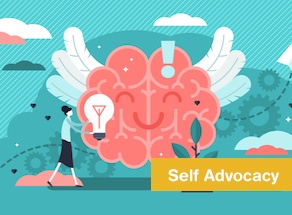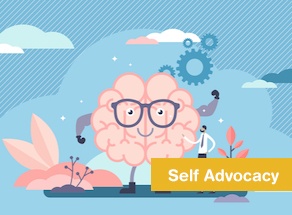Mental Health
Mental Fitness: It’s Okay to Not be Okay
18/06/2020 06:00am | 4152 viewsYounger generations can teach us a lot about how to be open and honest with our grieving.
In my previous two articles I talked about some of the self-regulation skills that younger generations might have had less opportunity to practice growing up(How to Fight Isolation and How Feedback Makes You Resilient). This time I want to focus on something they can teach the rest of us: openly communicating about grief.
Preventive Care
Aerosol Scientist: COVID-19 Is Likely Airborne
16/06/2020 06:00am | 3742 viewsSomething has been bothering Kimberly Prather, PhD: Everything she reads about COVID-19 points to a pathogen that travels through the air.
Preventive Care
Some OB/GYN Issues Can't Wait Until After COVID-19
09/06/2020 06:00am | 3246 viewsI've often wished I could work from home, but as an OB/GYN I would giggle at the impossibility of doing pap smears and delivering babies remotely. Fast forward to the global pandemic of 2020, where each day before I leave for work, I make sure my tablet is fully charged because about half of my visits each day are done by telehealth. As we all carefully ration each excursion outside our home, it's challenging to know what types of gynecological concerns warrant an office visit, which can be discussed on telehealth, and what issues can really wait until life gets a little more back to normal.
Mental Health
Reflections on Mental Health Month: People Like to Be Heard
31/05/2020 06:00am | 3183 viewsEach May as we enter a new Mental Health Month, I think about people. Talking about mental health and mental illness is not abstract to me. I think of family members, friends and patients. I think both of those struggling and those providing care. Yet my focus for many years has been to think about what is universal. I reflect on people impacted by depression and those enduring hard lives depression-free.
Mental Health
COVID-19 and your mental health
27/05/2020 06:00am | 6191 viewsWorries and anxiety about COVID-19 and its impact can be overwhelming. Social distancing makes it even more challenging. Learn ways to cope during this pandemic.





